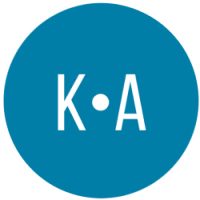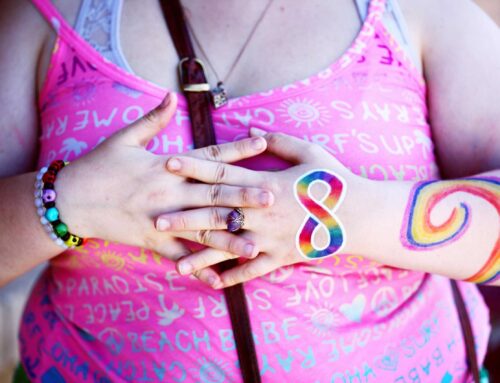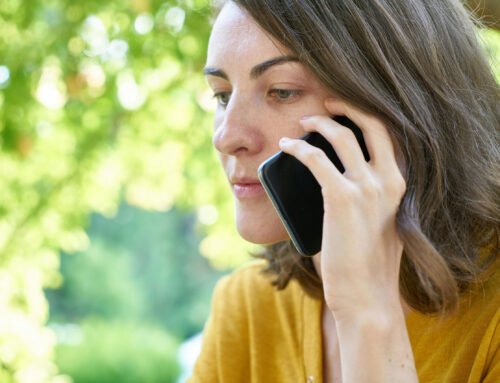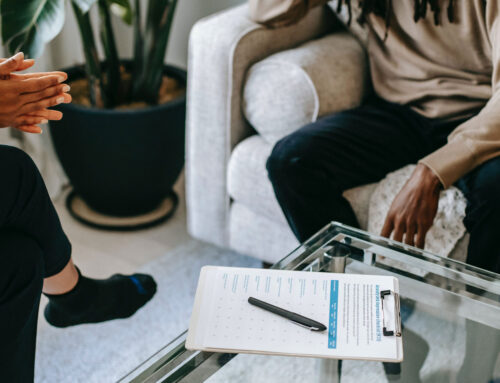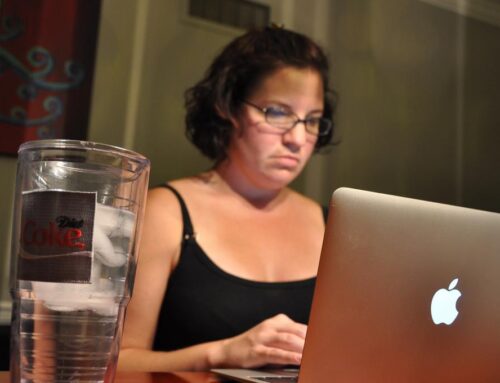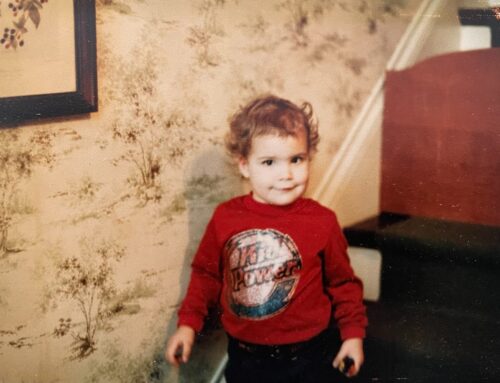When I was a kid, I thoroughly enjoyed the thrill and excitement of riding roller coasters. My particular favorite was the Orient Express at Worlds of Fun (pictured with this post). This roller coaster had lots of loops and hills, but the best part was the very beginning. The cars would leave the ride entrance and climb a huge ascent while you prepped yourself for the big downhill ride. But just before that screaming descent, there was a tiny bump down and a short plateau. This was just long enough for you to lose any chill you had prepared and leave you with nothing for the actual free fall down the other side.
Anticipating the Thrill
I’ve been trying to reflect back to discover why I enjoyed roller coasters so much. Was it the anticipation of the thrill? Those few moments on an uphill climb before the real excitement began? Maybe it was even the feeling of complete weightlessness right before dropping over the edge of a particularly steep descent.
What I actually think I enjoyed most was the complete loss of control. Over the next several seconds, I would be thrown about, tumbled upside down, and generally yanked every which way. But I couldn’t do anything about it. I couldn’t stop the ride, and I couldn’t get off. All I could do was either scrunch my eyes closed as tight as possible or face it all with arms thrown high and a scream in my throat. I often chose the scream. After all, it was only for a few seconds – and it always ended.
For me, the worst part of the ride was the amount of anticipation and anxiety that I would experience while climbing that first big ascent. Those were the moments where I started questioning my sanity in going on this ride. I often imagined the worst during that uphill climb – and obviously that was far worse than what I ever experienced.
Worst. Roller Coaster. Ever.
I’ve noticed that recently that I keep referring to how I’m feeling as the “COVID roller coaster,” and the more I think about it, the more accurate I find this. But upon reflection, I think I’ve been talking about it in the wrong way. I keep saying things like, “I’m on the downward part of the roller coaster today.” Or sometimes, “I’m feeling good – I’m on the upward part right now!” Clearly, I had it all backwards.
I think when we are trying to control how we (or others) respond to this situation, when we try to plan for the future, we’re actually all on the upward part of this huge, possibly (but hopefully not) endless roller coaster. We are girding ourselves for what’s next, while neglecting to understand that we can’t control it. We can’t stop the ride, and we can’t get off. And we can’t know what’s coming next, despite imagining the worst.
From time to time, we allow ourselves to enter the free fall, when we hit the downward slope, let go for a bit, and just enjoy the ride. Whether we get here because we just can’t go uphill anymore or because we have a moment of ease, these moments are often when we’re most calm and positive.
In other words, I had it backwards before: when I’m struggling, I’m actually on the uphill. It’s when I’m feeling okay about things and coasting along that I’m actually on the descent.
Surviving This Ride
It’s really, really hard to find those downhill free falls right now for many of us. Instead, it’s week after week (after week) of building anxiety and unease. And unlike the roller coasters I enjoyed in my youth, we don’t have a finite ending to this ride. It can be hard to let go when you don’t know if or when there’s an end.
Instead, we find ourselves grasping for control over and over again, making that climb, girding ourselves, and building that anxiety. It’s only natural when the free fall feels infinite.
But I’ll encourage you to let go and enjoy the descent nevertheless. You don’t have to fall forever. But maybe it will provide you a little bit of rest before that next uphill climb. And hopefully some day we can all get off this ride.
